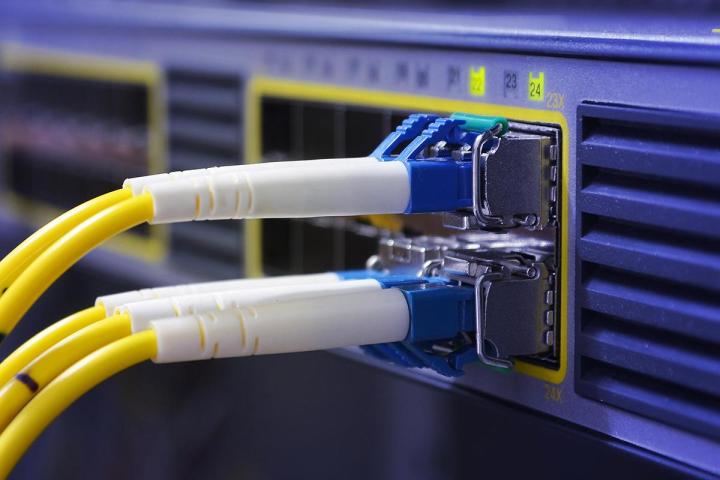
“The digital divide is proving stubbornly persistent in terms of access to broadband Internet, including the challenge of extending last-mile access to infrastructure to remote and rural communities,” the nearly 100-page report notes. Worse yet, getting the remaining 60 percent of the world online may prove more challenging than before, as “there are indications that Internet growth is slowing, as broadband services extend out of urban areas to more remote, less densely populated areas.”
Despite the seeming ubiquity of the Internet in countries like the United States, the western world has established something of a monopoly not only on the Web, but on its content as well. Shockingly, just 5 percent of the 7,100 languages spoken in the world are represented online, which means that many individuals across the globe remain unaware of the “Internet’s potential or cannot use it, because there is little or no useful content in their native language.” The report continues, “It is vital to improve awareness of the Internet and its content, particularly in languages that are not well-represented online.”
Numerous studies, like one published in 2013 by Intel and Dalberg and another set of case studies carried out by Stanford University, have noted the huge potential for socioeconomic impact in LDCs. Particularly when it comes to women, the Internet can be a powerful tool for empowerment, and as the Intel study noted, nearly half of the women from LDCs surveyed used the Web to search for and apply for a job, and 30 percent had used the Internet to earn additional income. Moreover, more “than 70 percent of Internet users considered the Internet ‘liberating’ and 85 percent said it ‘provides more freedom.'”
A number of American companies have plans in place to help spread the wealth when it comes to Internet, but as the U.N.’s Broadband Commission points out, “empowering people via broadband needs much more than infrastructure alone — extending access must be accompanied by the development of relevant content in different forms (e.g., print, audio, video) and new services (e.g., e-commerce and payments in local languages).”
The report ends with a number of policy recommendations that governments may take to aid in the proliferation of the web across the world. And with the U.N.’s goal of having 60 percent of the world online by 2020, they’re going to need all the help they can get.
Editors' Recommendations
- GPUs are cheap right now, but don’t be tempted just yet
- No, streaming Netflix in HD won’t kill the internet right now
- Update your Twitter app right now if you’re on Android
- You’re probably seeing more social media propaganda, but don’t blame the bots
- People are buying 5G phones when they don’t even have 5G


